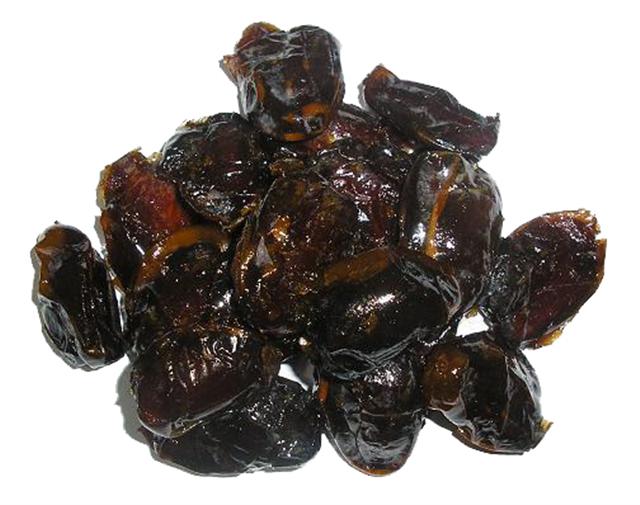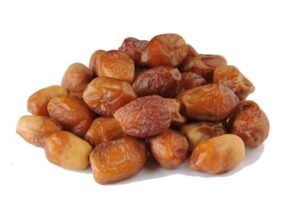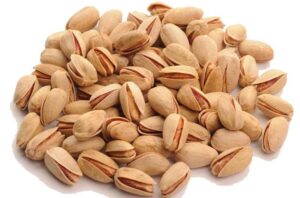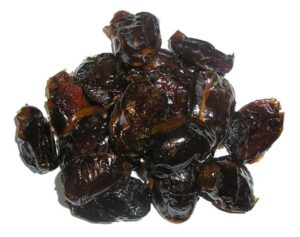A Guide to Entering a Growing Market
China’s market for imported dates has seen significant growth in recent years, driven by an increased interest in healthy snacks and natural foods. Exporting dates to China can be a lucrative opportunity for producers and suppliers, but it requires understanding market preferences, regulations, and logistics. This article provides a comprehensive guide on how to successfully export dates to China, from understanding consumer demand to ensuring compliance with local regulations.
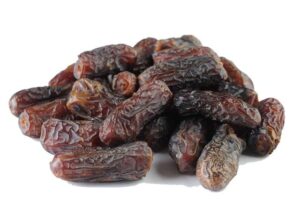
Why Export Dates to China? Understanding Market Demand
China’s growing middle class and health-conscious consumers have led to a rising demand for natural, nutrient-rich snacks like dates. Seen as a premium food item, dates are gaining popularity in China for their health benefits, particularly as sources of fiber, antioxidants, and essential nutrients. Imported dates are valued for their superior quality, with varieties such as Medjool and Deglet Noor among the most in-demand.
- Health Trends: Chinese consumers are increasingly choosing nutritious snacks, especially natural products without artificial additives.
- Cultural Significance: Dates are commonly consumed during Chinese festivals and are appreciated as gifts, creating a strong market around holiday seasons.
- Diverse Uses: Besides being consumed as snacks, dates are also used in traditional Chinese medicine and cooking, adding to their popularity.
Key Varieties of Dates in Demand in China
For exporters, it’s essential to understand which date varieties are popular in China. Different types are favored for their flavor, texture, and suitability for various uses.
- Medjool Dates: Known for their large size and sweetness, Medjool dates are highly sought after in China as premium offerings.
- Deglet Noor Dates: With a chewy texture and caramel-like taste, these dates are ideal for snacks and cooking, appealing to a broad range of consumers.
- Ajwa and Sukkari Dates: These varieties, especially popular in the Middle East, are appreciated in China for their unique taste and health benefits.
Compliance and Regulations for Exporting Dates to China
Successfully exporting dates to China involves meeting several import regulations and quality standards. The Chinese government strictly monitors food imports to ensure they meet national safety standards, so complying with these requirements is crucial for a smooth entry.
Essential Documentation and Certifications
To export dates to China, suppliers must provide several documents and certifications to clear customs and ensure compliance with Chinese food safety laws:
- Certificate of Origin: This document verifies the source country of the dates, which can influence import tariffs and market positioning.
- Phytosanitary Certificate: Issued by the food safety authority in the exporting country, this certificate certifies that the dates are free from pests and diseases.
- Inspection and Quarantine Certificate: Imported food must pass inspection by China’s General Administration of Customs. Ensuring dates meet China’s quality standards is essential.
- Commercial Invoice and Packing List: These documents provide details about the shipment contents and specifications, helping expedite customs clearance.
Packaging and Labeling Requirements
China’s market requires food imports to have specific packaging and labeling. Following these standards is essential to meet Chinese consumer expectations and ensure compliance.
- Labeling Standards: Labels must include the product name, nutritional information, ingredients, country of origin, production and expiration dates, and importer details in Chinese.
- Premium Packaging: Attractive, high-quality packaging is crucial in China’s competitive market. Premium packaging that reflects the product’s quality and cultural appeal can significantly impact sales.
- Sealed Packaging: Ensuring dates are vacuum-sealed or airtight can help maintain freshness during shipping and storage, which is essential for long transit times.
Market Entry Strategies for Dates in China
China’s market is unique, with different distribution channels and cultural preferences. Developing an effective market entry strategy will help establish a strong presence.
Partnering with Local Distributors
Working with a trusted local distributor can streamline the process of getting dates to Chinese retailers. Distributors understand local markets, customs requirements, and consumer preferences, which can be valuable for navigating China’s regulatory landscape. They can help your dates reach supermarkets, specialty stores, and high-end retailers where premium imported foods are often sold.
Leveraging E-Commerce Platforms
China’s booming e-commerce market offers an excellent opportunity for date exporters. Platforms like Alibaba, JD.com, and Tmall allow direct access to Chinese consumers and bypass some of the complexities of traditional retail. With online grocery sales rising, e-commerce can be a highly effective way to reach health-conscious consumers seeking high-quality imported dates.
PISTACHIO 2020 Good Year for Iranian
Marketing the Health Benefits of Dates
Chinese consumers value natural products for health, so emphasizing the nutritional and health benefits of dates can be highly effective. Highlight dates’ high fiber, vitamin, and mineral content in marketing materials. Using WeChat, Douyin (TikTok), and other popular Chinese social media platforms to promote your product is an effective strategy to connect with consumers, especially those who value imported health foods.
